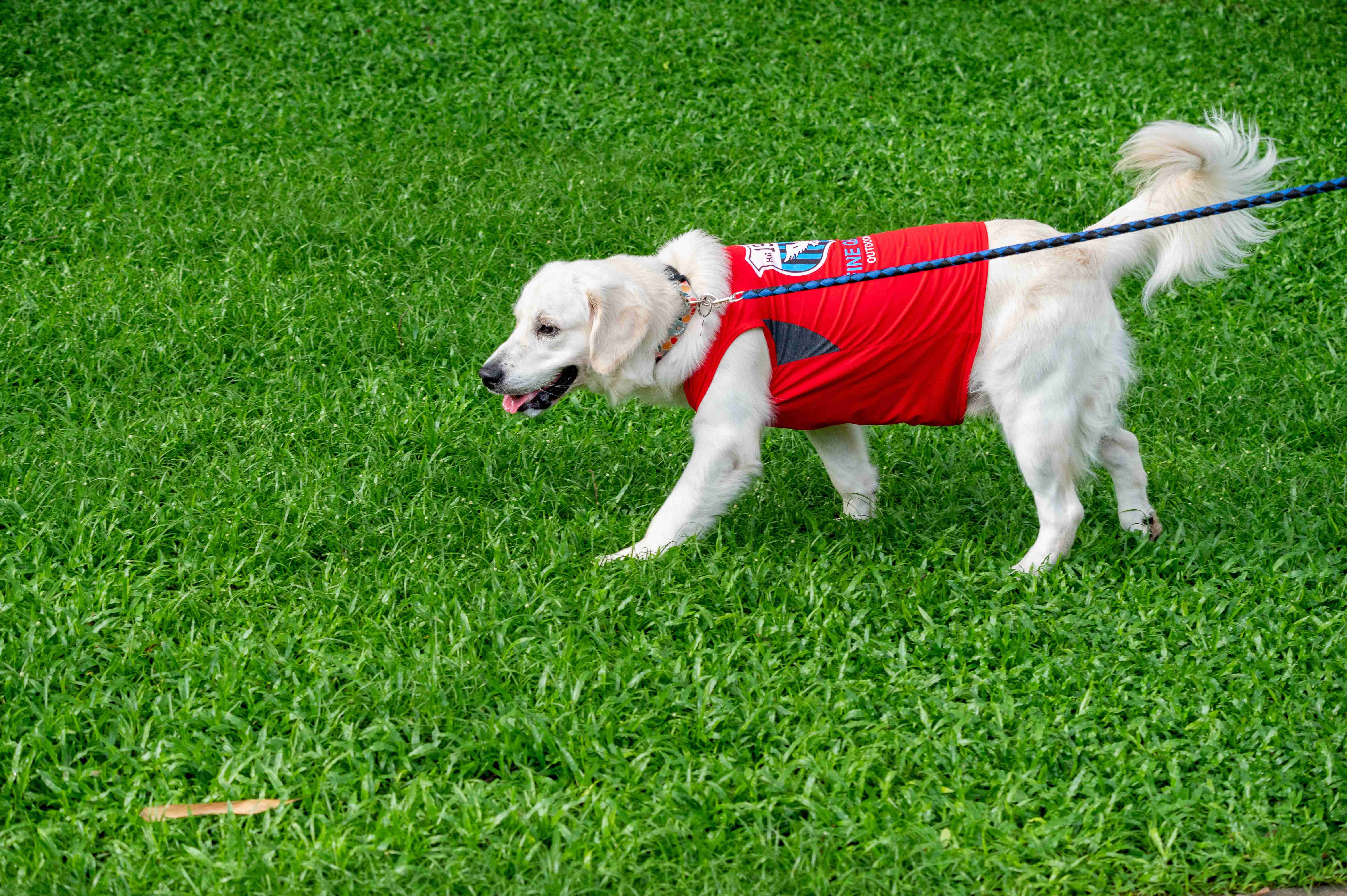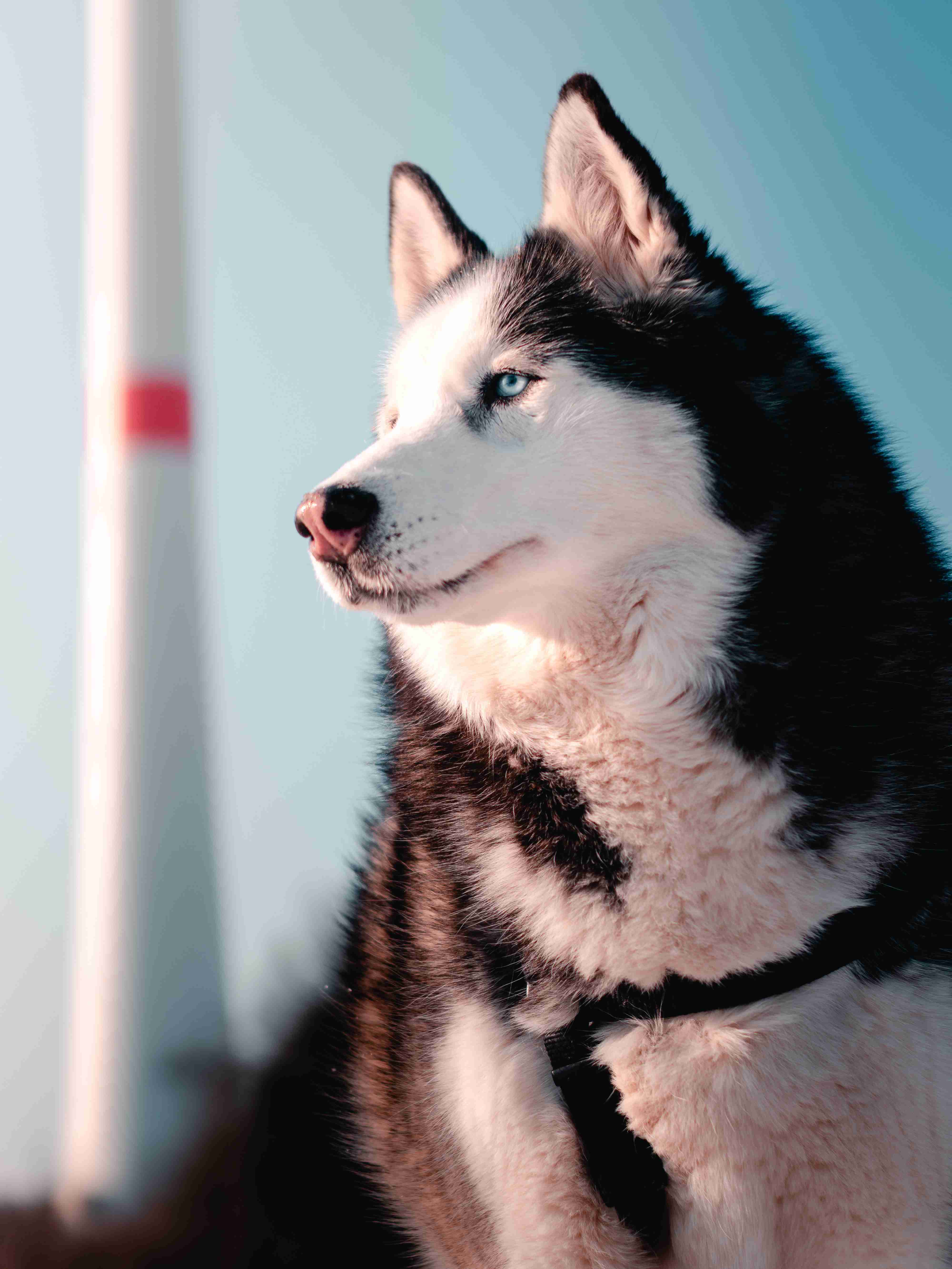Golden Retrievers are known for their friendly, outgoing, and affectionate nature. They are often referred to as velcro dogs because of their strong bond with their owners. While this loyalty is endearing, it can also lead to a common problem among Golden Retrievers – separation anxiety.
Separation anxiety is a condition in which dogs experience extreme distress and anxiety when left alone. It can result in destructive behavior, excessive barking, and even self-harm. As a responsible pet owner, it is crucial to take proactive steps to prevent and manage separation anxiety in your beloved Golden Retriever.
In this blog post, we will explore effective strategies to help prevent separation anxiety in Golden Retrievers and provide you with practical tips to manage this common issue. By understanding the causes, recognizing the signs, and implementing the right techniques, you can help ensure your furry friend remains happy and relaxed even when you’re not around. So, let’s dive in and discover how you can help your Golden Retriever overcome separation anxiety and thrive in your absence.
Golden Retriever Separation Anxiety: Effective Strategies to Prevent and Manage this Common Issue
Having a Golden Retriever as a beloved pet brings immense joy and companionship to our lives. These beautiful and intelligent dogs are known for their loyalty and friendly nature. However, one common issue that many Golden Retriever owners face is separation anxiety. It can be distressing to witness your furry friend experience anxiety and stress when you’re away. But fear not! In this blog post, we will explore some effective strategies to prevent and manage separation anxiety in Golden Retrievers.
Understanding Separation Anxiety:
Before we delve into the prevention and management techniques, it’s essential to understand what separation anxiety is and its potential causes. Separation anxiety is a behavioral condition that occurs when a dog becomes excessively anxious or stressed when separated from their owner or left alone. It can manifest through various symptoms such as excessive barking, destructive behavior, house soiling, and even self-injury.
Prevention Strategies:
1. Early Socialization: Start socializing your Golden Retriever from a young age to help them develop confidence and independence. Gradually expose them to different environments, people, and other animals to build their resilience.
2. Crate Training: Introduce crate training as a positive and safe space for your Golden Retriever. Make it a comfortable and relaxing area with their favorite toys and a cozy bed. Gradually increase the duration of crate time to help them feel secure when left alone.
3. Gradual Departures: Teach your Golden Retriever that your departures are not permanent by practicing short departures and gradually increasing the time you’re away. This helps them understand that you will always return.

4. Desensitization: Gradually desensitize your dog to departure cues such as picking up keys or putting on shoes. Associate these cues with positive experiences such as treats or playtime to reduce their anxiety response.
5. Enrichment Toys and Activities: Provide plenty of mental and physical stimulation for your Golden Retriever, especially when you’re not around. Puzzle toys, interactive feeders, and long-lasting chews can keep them engaged and distracted from separation anxiety.
Management Strategies:
1. Exercise: Regular exercise is crucial for Golden Retrievers as it helps reduce their anxiety levels. Take them for daily walks, play fetch, or engage in other physical activities to tire them out before leaving.
2. Calming Supplements: Consult with your veterinarian about using natural calming supplements or pheromone diffusers to help alleviate anxiety symptoms.
3. Behavior Modification: Consider working with a professional dog trainer or behaviorist to implement behavior modification techniques that target separation anxiety. These may include desensitization and counter-conditioning exercises.
4. Medication: In severe cases, medication prescribed by a veterinarian may be necessary to manage separation anxiety. This should be considered as a last resort and used in conjunction with behavior modification techniques.
Preventing and managing separation anxiety in Golden Retrievers requires patience, consistency, and a deep understanding of your dog’s individual needs. By implementing the prevention strategies mentioned above and seeking professional help if needed, you can greatly reduce the chances of your Golden Retriever developing separation anxiety. Remember, with love, care, and the right techniques, you can help your furry friend feel secure and comfortable even when you’re not by their side.
In conclusion, preventing and managing separation anxiety in your golden retriever requires time, patience, and a consistent approach. By following the strategies outlined in this article, such as gradual desensitization, creating a positive environment, and seeking professional help if needed, you will be well-equipped to help your furry friend overcome their anxiety and live a happier, more comfortable life. Remember, you are not alone in this journey, and with the right techniques and support, you can provide the love and care your golden retriever needs to thrive. So, start implementing these strategies today and watch as your beloved companion grows into a confident, well-adjusted dog who is ready to take on the world, even when you’re not by their side.






.jpg)

